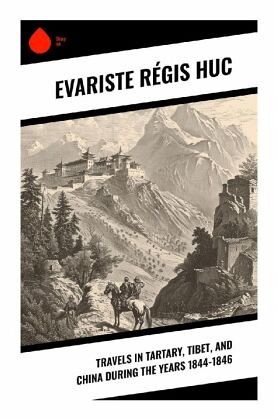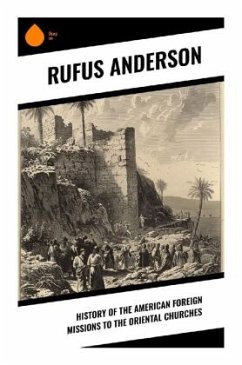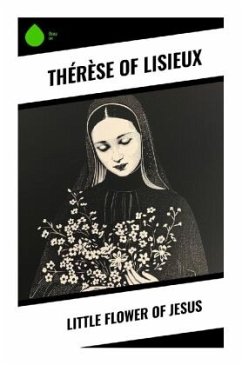
Travels in Tartary, Tibet, and China During the Years 1844-1846
Versandkostenfrei!
Versandfertig in 6-10 Tagen
20,60 €
inkl. MwSt.

PAYBACK Punkte
0 °P sammeln!
In "Travels in Tartary, Tibet, and China During the Years 1844-1846," Evariste Régis Huc presents a vivid and compelling account of his extensive explorations across enigmatic regions. Written in a richly descriptive style, the book combines personal narrative with ethnographic insights, providing readers with a glimpse into the cultures, landscapes, and peoples of Central Asia during the mid-19th century. Huc's work is notable not only for its adventurous spirit but also for its detailed observations of Buddhist practices and the socio-political intricacies of the regions he traversed, which...
In "Travels in Tartary, Tibet, and China During the Years 1844-1846," Evariste Régis Huc presents a vivid and compelling account of his extensive explorations across enigmatic regions. Written in a richly descriptive style, the book combines personal narrative with ethnographic insights, providing readers with a glimpse into the cultures, landscapes, and peoples of Central Asia during the mid-19th century. Huc's work is notable not only for its adventurous spirit but also for its detailed observations of Buddhist practices and the socio-political intricacies of the regions he traversed, which were largely unexplored by Western audiences at the time. The literary context of the book lies within a burgeoning European interest in Asia, encapsulated in a time when geopolitical intersections were growing increasingly significant. Evariste Régis Huc was a French priest and explorer whose deep commitment to understanding Eastern cultures propelled him on this remarkable journey. His background in the missionary context of the time allowed him to engage authentically with the regions he visited, fostering a deep appreciation for their unique customs and beliefs. Huc's encounters with various ethnic groups and his astute observations were influenced by his ambitions to foster cross-cultural understanding in an era marked by colonial ideologies. "Travels in Tartary, Tibet, and China" is essential reading for anyone fascinated by exploration, culture, or history. Huc's detailed narratives and keen observations not only mesmerize but also educate, making this a valuable contribution to both travel literature and the understanding of Asian cultures during a transformative period in world history.












